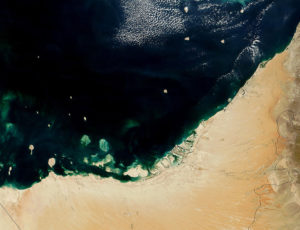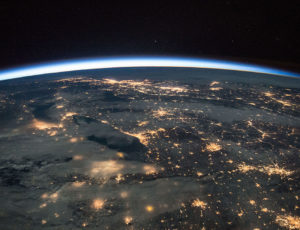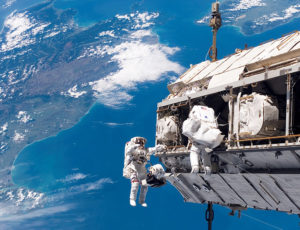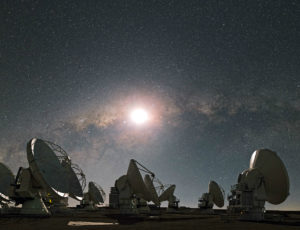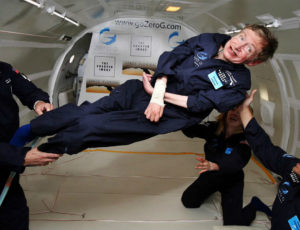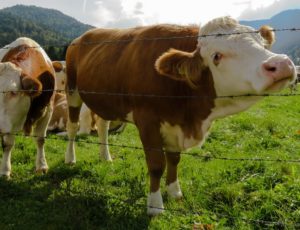
Space farming experiments conducted on the ISS
Earth has the perfect conditions for plant life. And while there are a number of problems for plants, there are also many factors that have allowed plants to thrive. Gravity is among the less-mentioned factors for the successful plant growth. While grounded, plants can easily absorb sunlight, moisture, and nutrients. All of which are necessary for plants to live. Understanding plant growth in space is why “space farming” experiments are conducted regularly on the International Space Station (ISS).
The free-floating microgravity environment in space stations is proven to stress various organisms. Survival is only possible if an organism is able to adapt. Humans have proven capable of living in these environments. Experiments aboard the ISS have shown that plants too are able to survive.
Space farming
Scientists from the USA and Europe have grown over 1700 thale cress seeds within the Columbus Module of the ISS. These seedlings are brought onboard in prepacked packages. After six days, they were harvested, preserved, and eventually sent back to Earth for researchers on the ground.
Scientists make use of real-time imagery of the seedlings. This allows them to analyze genetic and molecular changes in the returned seedlings.
On Earth, roots dig into soil where it captures water and minerals. In a weightless environment, this process is disrupted. The plant will have to adapt to survive the challenge posed by microgravity.
Interesting findings
Plants are able to adapt to the microgravity environment. Although, the rate at which the plants grow is slower. The plant’s natural responses to heat, salinity, and frost were observed. Also, red light seemed to be able to help the plants reconfigure their processes.
Scientits aboard the space station recently harvested lettuce. They have found that these plants can reach maturity in space.
These studies suggest that gravity is not the greatest challenge to cultivating plants in microgravity. This is good news for future colonies on the moon and Mars. Exploring space in its vastness is not possible if a food source cannot be secured.
The results of these experiments on the ISS can also be used in understanding how plants adapt to stresses on Earth. The findings can be used in increasing agricultural efficiency.
Actual space farming may not yet be a viable source of food, but it is one thing to think about for future space colonists.





